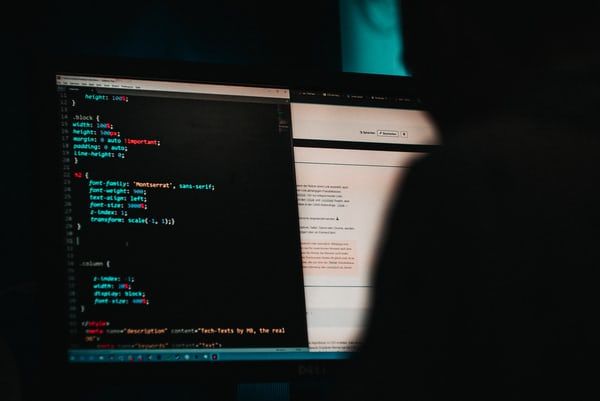According to Microsoft, Russia account for the majority of the state-sponsored hacking detected by the tech giants the past year, with a 58% share, mostly targeting government agencies and think tanks in the United States, followed by Ukraine, Britain and European NATO members.
Meanwhile, China accounted for less than 1 in 10 of the state-backed hacking attempts Microsoft detected but was successful 44% of the time in breaking into targeted networks, Microsoft said in its second annual Digital Defense Report, which covers July 2020 through June 2021.
Also Read: PayPal completes first international rollout of its crypto offering in UK
The long-unnoticed SolarWinds attack — which mostly targeted information technology companies like Microsoft — raised Russian state-backed hackers’ success rate to 32% in the year ended June 30, up from 21% the year before.
While Russia’s widespread state-sponsored hacking is well-known, Microsoft’s study provides unusually detailed information on how it compares to other US enemies.
Ransomware attacks, according to the study, are a major and rising problem, with the United States by far the most targeted country, with more than quadruple the number of attacks as the second most targeted country. Ransomware attacks are used to extort money from people.
State-sponsored hacking, on the other hand, is primarily about acquiring intelligence — whether for national security, commercial, or geopolitical gain — and is therefore typically allowed by governments, with US cyber operators among the most competent. Microsoft Corp.’s study, which works closely with Washington government agencies, does not cover government hacking in the United States.
The SolarWinds breach, on the other hand, caused so much humiliation to the US government that some legislators in Washington sought vengeance. President Joe Biden has struggled to establish a boundary between acceptable and unacceptable cyber activity.
He has sent vague warnings to Russian President Vladimir Putin in an attempt to persuade him to clamp down on ransomware perpetrators, but many top administration cybersecurity experts indicated this week that they have seen no proof of this.
With inputs from the Associated Press







